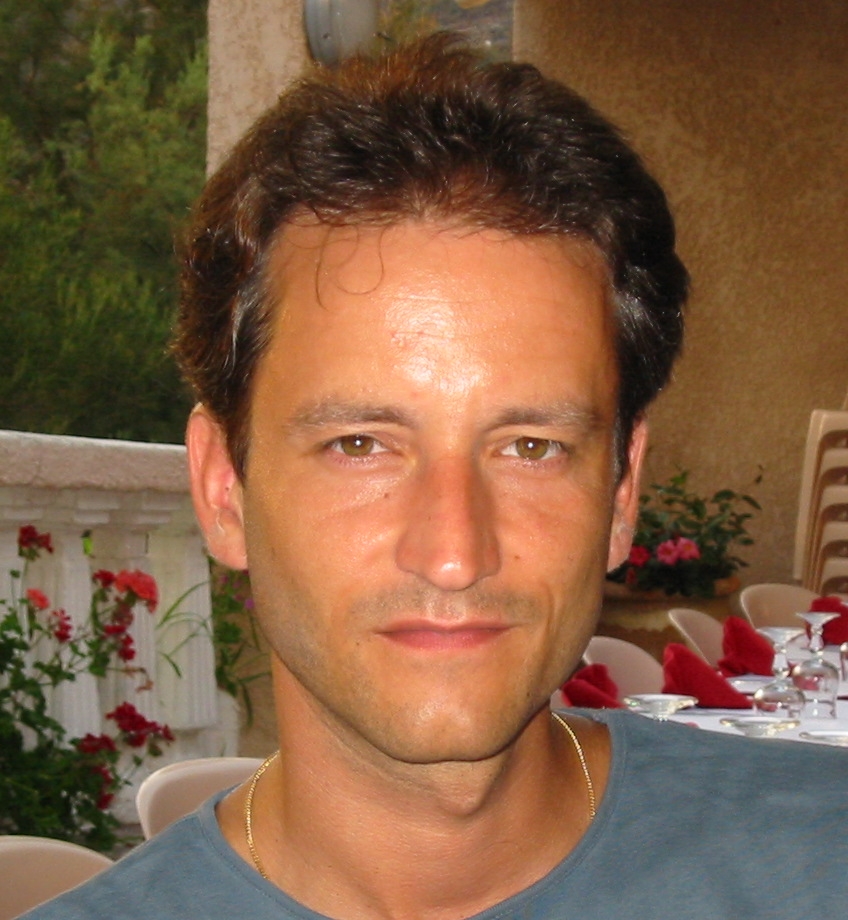
|
|

Custom Search
|
|
|
"What gets us into trouble is not what we don't know, it's what we know for sure that just ain't so" (Mark Twain)
Misconceptions
What is the most efficient way of teaching science? Research shows that students (and everybody else for that matter) heavily rely on preconceptions: they are not at all like "empty blackboards", which the teachers can write on. They arrive in school with years of experience in physics (motion, forces, heat, electricity, ...) acquired during their daily life, and they have constructed some empirical laws on how stuff works, or at least how they think how stuff should work. Aristotle physics is very close to it.Of course this is very useful because it gets us through life, but when these pre-concepts are wrong (physically speaking), this is when it gets us in trouble. It probably is the greatest obstacle to learning. Students might even superficially accept and apply what the teacher told them (to get good grades), but deep down they still hold on to their original preconceptions, most of the time unconsciously. These wrong preconceptions are sometimes called misconceptions. A teacher can only hope to (really) convince the students to change these misconceptions by making them realise the inconsistent of their thinking (Halloun & Hestenes, 1985).
My own research on the subject
For my pedagogic diploma, I explored such issues for the teaching of forces in Newtonian mechanics. You can read this essay here (only in Italian).References
- Articles by Hestenes and by Halloun can be found here.
- Webpage of Laurence Viennot with references to her numerous books on the subject.
- Article by Eric Mazure on the subject (Harvard magazine).